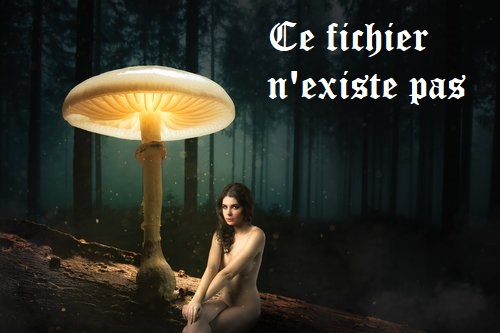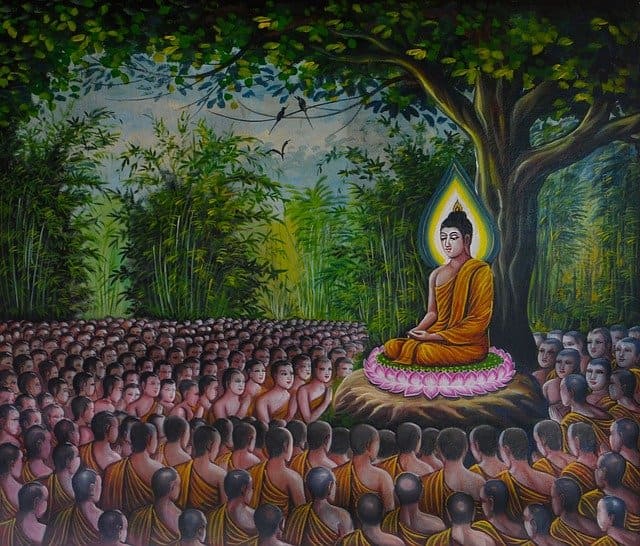
| Auteurs | Anton Szandor LaVey |
| Thème | Satanism |
| Genre littéraire | Essay |
Description
One might expect The Satanic Bible at least to offer a few prancing demons or a virgin sacrifice, but if you hopped this train expecting a tour of the house of horrors, you're on the wrong ride. Far from a manual for conquering the realms of earth, air, fire, and water, The Satanic Bible is Anton LaVey's manifesto of a new religion separate from the "traditional" Judeo-Christian definitions of Satanism. While LaVey rails against the deceit of the Christian church and white magicians, he busily weaves his own deceptions.
The Satanic Bible claims the heritage of a horde of evil deities--Bile', Dagon, Moloch, and Yao Tzin to name a few--but these ancient gods have no coherent connection between each other or to Satanism, except that all have been categorized by Christianity as "evil." Calling on these ancient names like a magician shouting, "Abracadabra," LaVey attempts to shatter the classical depiction of Satanism as a cult of black mass and child sacrifice. As the smoke clears, he leads us through a surprisingly logical argument in favor of a life focused on self-indulgence. The Satanic Bible is less bible and more philosophy (with a few rituals thrown in to keep us entertained), but this philosophy is the backbone of a religion that, until LaVey entered the scene, was merely a myth of the Christian church. It took LaVey, and The Satanic Bible, to turn this myth into a legitimate public religion. --Brian Patterson
Éditions
| Photo |
|
| ISBN-10 | 0380015390 |
| ISBN-13 | 978-0380015399 |
| Nombre de pages | 272 |
| Publié le | 1 décembre 1976 |
| Format | Broché |
| Editeur | Avon |
| Quatrième de couverture | One might expect The Satanic Bible at least to offer a few prancing demons or a virgin sacrifice, but if you hopped this train expecting a tour of the house of horrors, you're on the wrong ride. Far from a manual for conquering the realms of earth, air, fire, and water, The Satanic Bible is Anton LaVey's manifesto of a new religion separate from the "traditional" Judeo-Christian definitions of Satanism. While LaVey rails against the deceit of the Christian church and white magicians, he busily weaves his own deceptions. The Satanic Bible claims the heritage of a horde of evil deities--Bile', Dagon, Moloch, and Yao Tzin to name a few--but these ancient gods have no coherent connection between each other or to Satanism, except that all have been categorized by Christianity as "evil." Calling on these ancient names like a magician shouting, "Abracadabra," LaVey attempts to shatter the classical depiction of Satanism as a cult of black mass and child sacrifice. As the smoke clears, he leads us through a surprisingly logical argument in favor of a life focused on self-indulgence. The Satanic Bible is less bible and more philosophy (with a few rituals thrown in to keep us entertained), but this philosophy is the backbone of a religion that, until LaVey entered the scene, was merely a myth of the Christian church. It took LaVey, and The Satanic Bible, to turn this myth into a legitimate public religion. --Brian Patterson |
Satanism - 1 décembre 1976






















